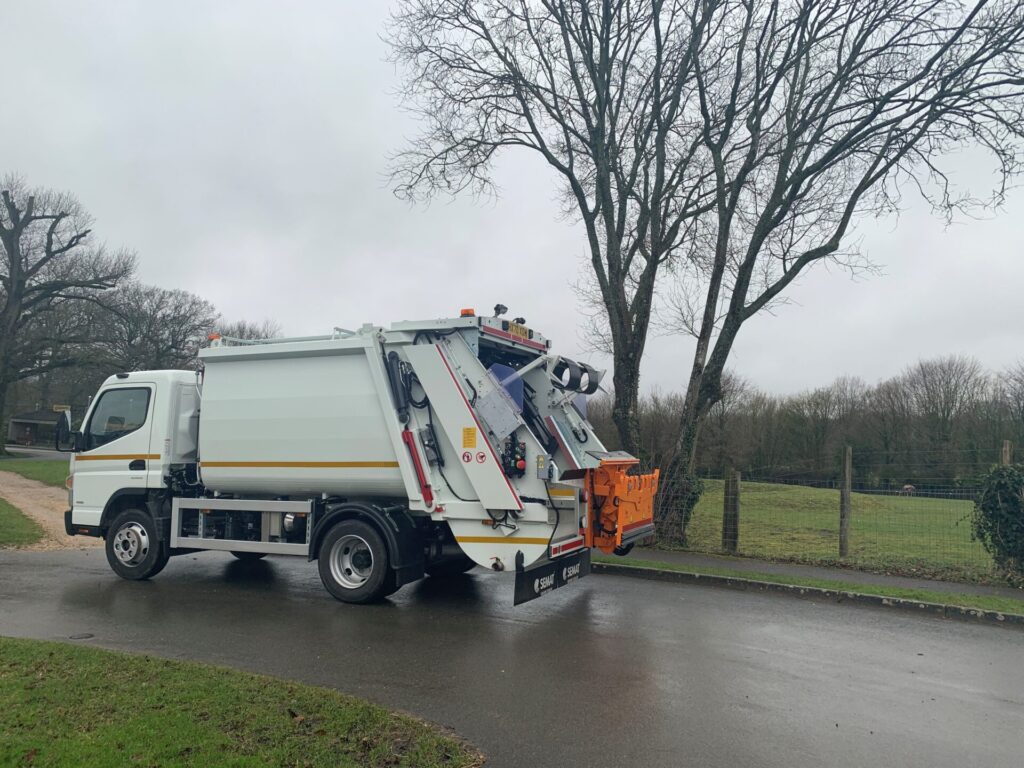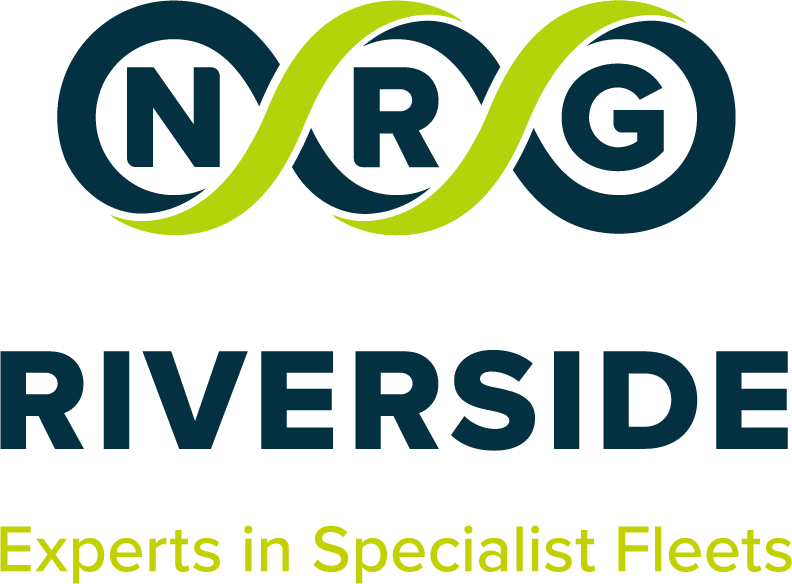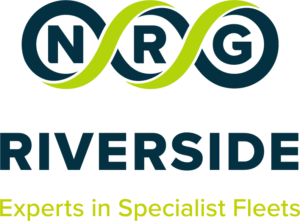Riverside Truck Rental supplies Marwell Zoo with an RCV on contract hire
NRG Fleet Services and its hire division Riverside Truck Rental have played an instrumental role in helping Marwell Zoo on its journey to reach its net-zero target, supplying the animal conservation park with a brand new RCV on a maintenance and support contract hire agreement.
 The new vehicle is a crucial part of Marwell Zoo’s sustainability strategy. Based in Hampshire, Marwell Zoo is owned by charity Marwell Wildlife, which aims to conserve global biodiversity locally and internationally. Its scientists create adaptive initiatives to identify some of the most critical animal habitats and restore damaged ecosystems, but equally important is the zoo’s environmental performance.
The new vehicle is a crucial part of Marwell Zoo’s sustainability strategy. Based in Hampshire, Marwell Zoo is owned by charity Marwell Wildlife, which aims to conserve global biodiversity locally and internationally. Its scientists create adaptive initiatives to identify some of the most critical animal habitats and restore damaged ecosystems, but equally important is the zoo’s environmental performance.
Dr Duncan East is Head of Sustainability at Marwell Wildlife. He manages the zoo’s environmental programme, which started with the implementation of ISO 14001 in 2009. Since then, Marwell has been continuously improving its environmental credentials.
‘This includes basic things such as managing energy, waste, and water, and then expanding that into procurement, such as sourcing of ingredients for catering, as well as eliminating single-use plastic from the shop and cafes. We have set ourselves a net-zero target because we would like to be absorbing more carbon than we produce. In 2008, our carbon footprint was 1,706 tonnes. It is now down to 391 tonnes.’
The new 4×2 7.5-tonne Mitsubishi Canter fitted with a Faun Micro Press 5.5-metre smooth-sided body and 202.80 manual bin lift will help the zoo achieve its Net Zero target as part of its energy strategy.
The Canter 7C15 model, with a 3.0-litre common-rail, diesel-producing 110 kW (150 hp) and 370 Nm of torque. This is paired with a six-speed Duonic fully automated dual-clutch transmission. Despite its low weight, the Canter has a reputation for strength and durability, thanks in part to its ladder-frame chassis. Marwell’s biggest carbon saving came from switching to a renewable energy supplier, so all the smaller animal houses with electric heating now run on 100% renewable energy.
The next phase of the renewable energy project is the installation of an energy-from-waste plant. ‘We are currently replacing several oil-fired heating systems and converting them to a big boiler, which will burn straw and manure from the animal houses to heat the Tropical House,’ says Duncan. ‘We needed a small RCV that can collect residuals from the animal houses and enclosures and transport it to the energy centre.’
Ready for action
The energy from waste plant will be ready for when the Zoo opens on April 12. The truck forms a very fundamental and practical element of the process.
‘Across our 140 acres, the animals are distributed in over 50different enclosures. The keepers clean out the houses and then the truck takes the waste to the energy centre. However, we do produce two thirds, more waste than the energy centre can process. So, the truck takes what we can’t use to a compactor which is collected to be sustainably processed by a contracting company.’
Not all waste is created equal
Duncan says that animals such as giraffes, zebras and oryx (a type of antelope) produce the best waste for the processing plant.
‘These animals have a straw bed, and most of them are adapted to live in desert or arid areas, so they produce very dry dung. Rhinos and hippos on the other hand, produce very soggy lumps. Grazing animals such as rhinos are inefficient digesters, so what comes out at the other end is wet and grassy and needs a lot of drying before it can be used for fuel. Therefore, this surplus is sent to the industrial composting plant.’
A day at the Zoo
All operations at the zoon happen before the park opens because after 10:00, it will not be possible to have vehicles moving around. The Faun Micro Press will run around for about two hours to the two locations in advance of opening time, depending on how much the animals have produced.
The vehicle will tip the residuals in a bay, where a mini digger scoops it up and puts it into a shredding machine. The shredder will tear the straw into 10-20cm lengths, after which it will go through a drying process – essentially a big oven. The last stage turns the waste into briquettes, just smaller than a coke can, and then it goes into the boiler.
The RCV was chosen for ease of use and maneuverability, says Duncan. ‘We have some tight corners on the site, and some of the yards around the animal houses are relatively small. Historically, we have used contractors with full-sized RCVs. It works, but we have had damage over the years by hitting fence posts and driving on the grass. This made it clear that we needed a compact truck that could do the job more effectively. We shopped around quite extensively, and we ended up with Riverside Truck Rental. The team has been very accommodating, and they could supply the right vehicle.’
Spreading the cost
Marwell decided that contract hire was the best option because the pandemic means cashflow is an issue. ‘Spreading the cost over a contract period was perfect for us. In combination with the servicing backup RTR offers and the team’s support, it works very well for us.’
Kirsty Hillsden, Business Development Manager of Riverside Truck Rental, says it was a pleasure to work with Marwell Zoo. ‘This project precisely matches our business ethos to move towards sustainable options while supporting our customers in the best possible manner. Marwell can collect the waste and ensure the zoo is running most sustainably, and we handle the vehicle side of things.’
RTR is providing a specialist waste vehicle on contract hire with Marwell, on an inclusive full maintenance package, which means the zoo benefits from RTR’s expertise in vehicle maintenance and 24/7 365 support centre.
‘Our approach with Marwell Zoo was transparent and informative, enabling the team to assess the vehicle’s suitability for operational needs. We are pleased and excited to be entering into the working partnership and helping to deliver a part of Marwell Zoo’s sustainability initiatives,’ said Kirsty.
Paul Brown, Regional Business Manager for Faun Zoeller, said: ‘The exceptional maneuverability combined with a generous payload and design make the MicroPress the perfect tool for the job. The team at Marwell has worked hard to make their renewable energy idea into reality. Faun Zoeller UK is proud tassociated with great innovative thinking people. Well done, Marwell Zoo.’










